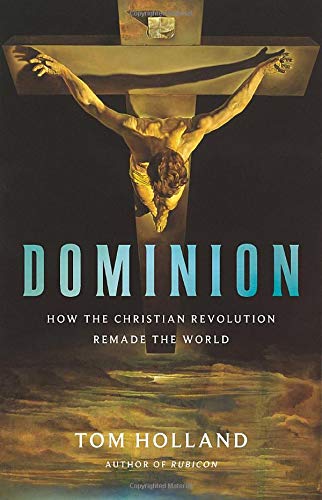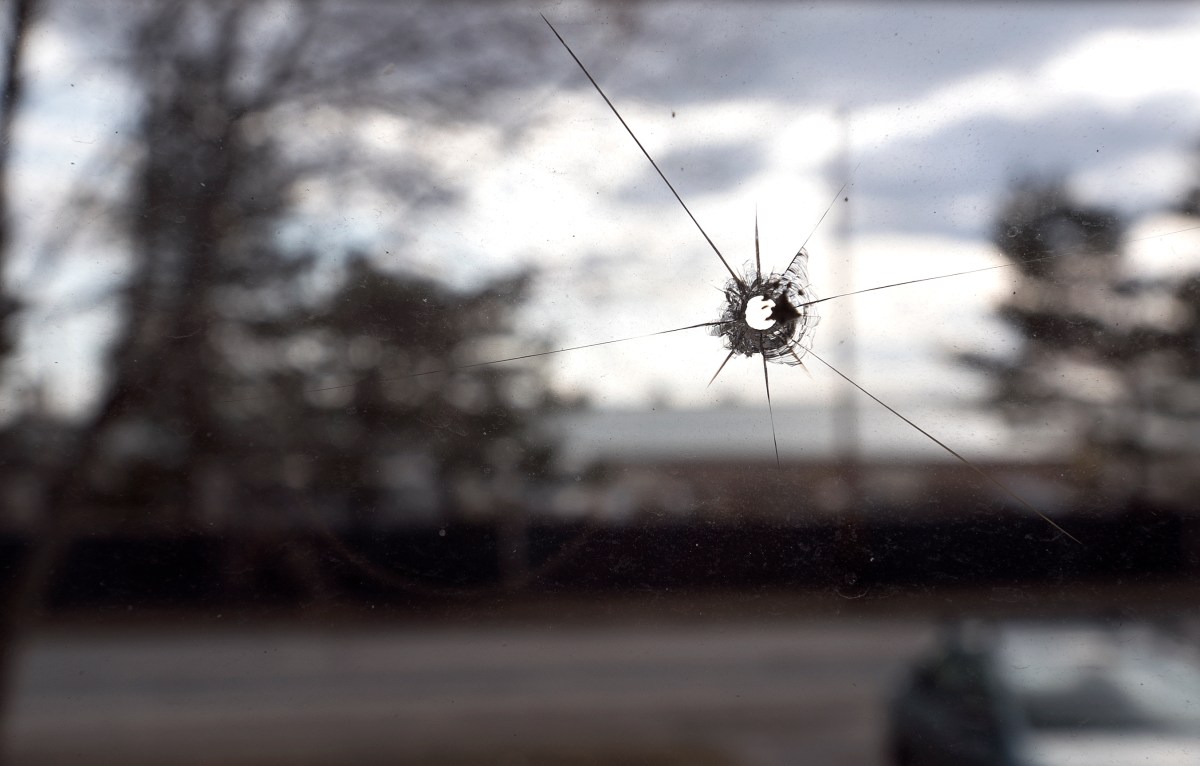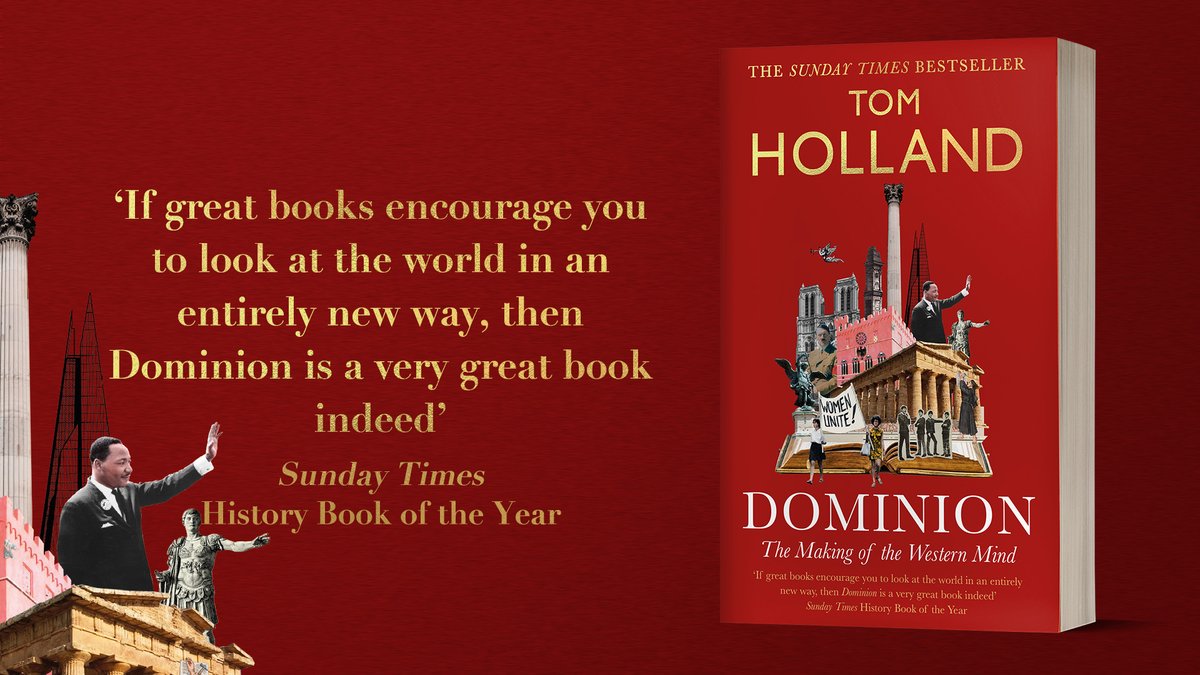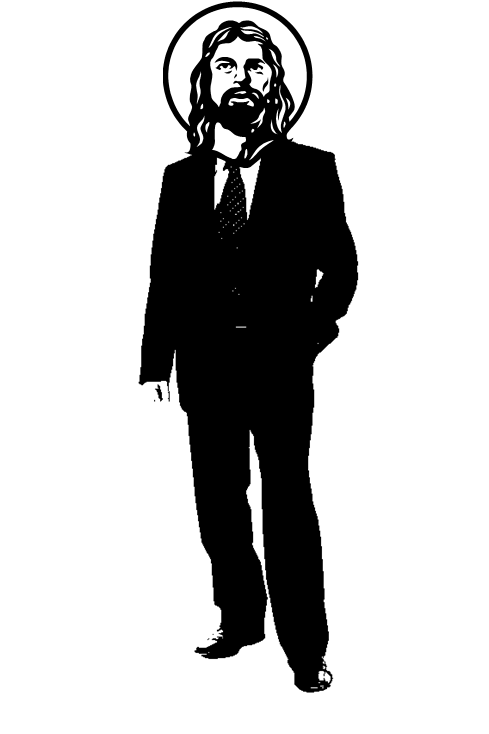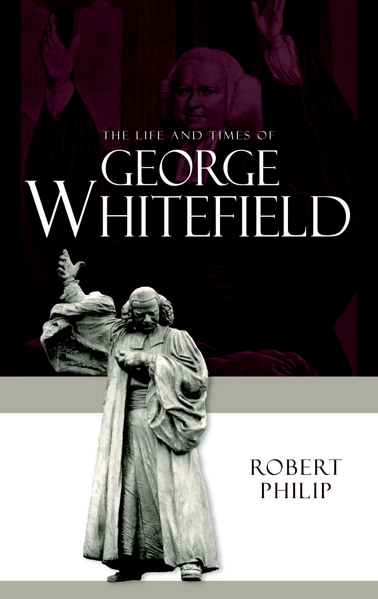At a time when I am feeling less Christian than I ever have, I read a book that tells me I am more Christian than I could ever know! Tom Holland delivers a provocative and captivating “Know where you come from” message to the secular west.
As a youth, Tom was enamoured with ancient Rome and Greece. So much so that it became his passion and then his vocation. What he did not expect as he dived into the deep end of ancient pre-Christian cultures was how much his discoveries affronted his moral sensibilities. Why, he wondered, did the guiltless celebrations of brutality, conquest, and oppression coming from his ancient heroes not sit well with him?
The answer came as a shock. For two-thousand years a resistance movement started by a Jew in the backwaters of the Roman empire had been growing and evolving. One that protested tyranny and spoke of love, equality and freedom. One that believed in helping the poor instead of crushing them. The message of the movement was radical. Such world-shaking ideas came in ancient writings such as:
- There is no longer male or female, slave or greek, Jew or gentile.
- The last shall be first, and the first shall be last
- To give a beggar a cup of cold water in Jesus’ name is to inherit the riches of heaven.
These ideas sprang from an inconceivable story. God had come to earth, but instead, as a conquering king, he came as a helpless baby delivered by an unwed teenager in a shit-covered barn. The baby grew into a man who overturned power structure’s not with violence but through love. In the end, he allowed himself to be murdered as a criminal, all as part of a rescue plan for humanity to deliver us from the brutal ways of nature that characterized the ancient world and into a new and better way — the way of love. This story and the ideas derived from it continue to colour the way we in the west understand and assume life should be lived.
“Human rights,” the intrinsic value of each person, equality, the virtue of sacrificial love, the vital importance of free inquiry, care for the poor and sick, freedom of conscience, and our fundamental understanding of good and evil, to name just a few all flow from the headwaters of the Christian story. As some have suggested, they do not come from the ancient pre-Christian era or somehow magically appear during the “enlightenment” period or the French Revolution. They stem from imperfect people trying as best they could to shape their lives around the story of Jesus.
Holland, who had himself rejected the Christian story as both false and weak, came to realize that the bad taste in his mouth for the ancient world had come because his sensibilities had remained staunchly Christian. So it is for most people in the west today, and even those that have flatly rejected the Christian religion do so on Christian principles!
For example, Charles Darwin rejected Christianity for materialistic evolution not because science precluded the possibility of God but because there was such misery in the world.
“One more than any other haunted him: a species of parasitic wasp. ‘I cannot persuade myself that a beneficent & omnipotent God would have designedly created the Ichneumonidæ with the express intention of their feeding within the living bodies of caterpillars.’
P. 439
No one would have a moral objection to this observation of “cruelty” in the ancient world. Darwin turned away from God precisely because his sensibilities were fundamentally Christian. In addition, the hard-fought Christian values of free inquiry and freedom of conscience that had emerged from bloody fields of European religious war that followed the reformation allowed Darwin the opportunity to explore his theories without getting his head chopped off.
Holland does not dramatically conclude his observations, but I think he might say something like this if he were.
“Instead of hating Christianity, if we choose to move beyond its religious embrace, we should at the very least be highly thankful for it. Christian principles have made the world an infinitely better place, without which we would have all remained trapped in the brutality of a world void of all the good things we take for granted today in the west.
One final thought. Holland is not really an apologist for Christianity. He is, first of all, a historian, so nothing “bad” that Christians have done in the past gets sugar-coated. The Spanish annihilation of indigenous populations in Jesus’ name, for example, gets full and cringing coverage. However, Holland points out the numerous protest movements against the atrocities from the Christian church. Conquest in the pre-Christian era was a virtue. In Roman times, the slaughter of one’s enemy did not come with guilt. No longer could that ever be the case after the revolution brought on by Jesus.

